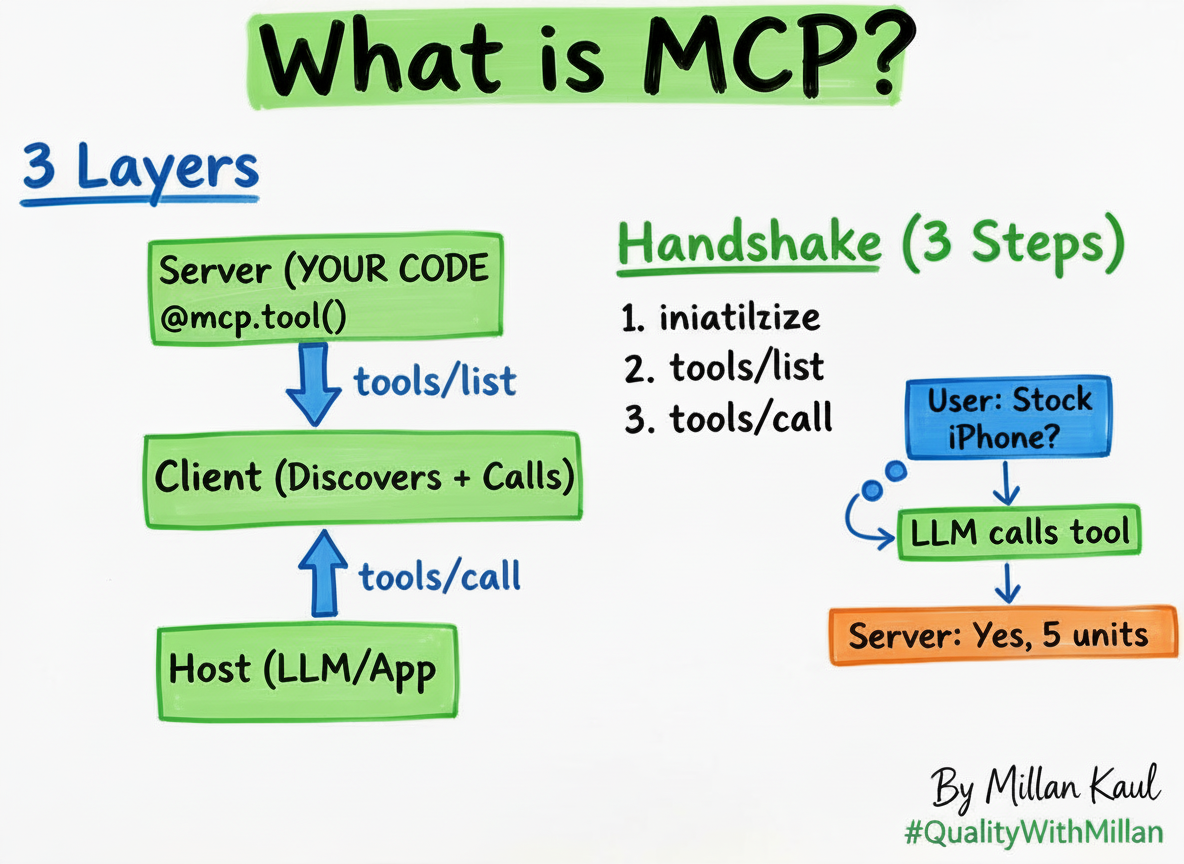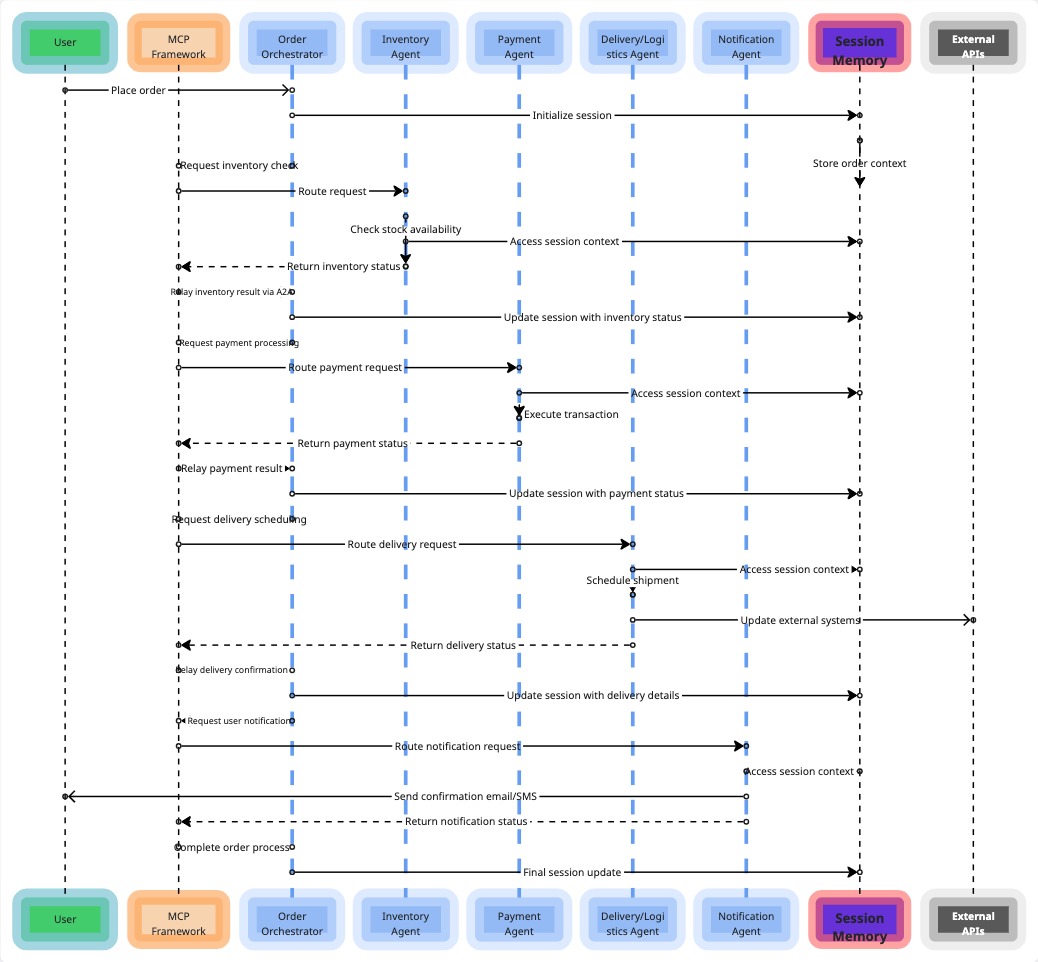The API Automation framework I wish I had known sooner
Written by - Millan Kaul
🚀 Type-Safe API Testing: A Playwright + TypeScript Framework
Building a fast, reliable and scalable API automation framework requires more than just writing tests. It’s about maintaining stability, enforcing best practices plus keeping everything developer-friendly.
Here’s how I scaled API testing using Playwright + TypeScript and structured a framework which -
⦿ Ran hundreds of API tests in 7.5 mins on GitHub pipelines.
⦿ Used typed API responses for fail-safe assertions.
⦿ Built short-commands in package.json scripts for smart test execution.
⦿ Maintained a clear and easy-to-follow README file.
🛠 Setting Up a Solid Playwright API Automation Framework
1️⃣ Using TypeScript for API Response Validation
One of the biggest issues in API automation is unexpected API response changes. If a key is missing, null, or the data type changes, we must catch it early instead of debugging failures later.
Here’s how we map API responses to TypeScript interfaces and validate them:
Define a Type for API Response
” It’s all about TYPE’s if it’s TypeScript” — Unknown
export interface UserResponse {
id: number;
name: string;
email: string;
isActive: boolean;
}
Fetch & Validate Response Using Playwright
import { test, expect, request } from '@playwright/test';
import { UserResponse } from '../types/userTypes';
test('Validate API Response with TypeScript', async ({ request }) => {
const response = await request.get('/api/users/1');
expect(response.status()).toBe(200);
// Parse response as JSON
const responseBody: UserResponse = await response.json();
// TypeScript will catch errors if response format changes
expect(responseBody.id).toBeDefined();
expect(typeof responseBody.name).toBe('string');
expect(responseBody.email).toContain('@');
expect(responseBody.isActive).toBeTruthy();
});
🔹 Why? If id changes to a string or isActive becomes null, TypeScript will throw a type error before the test even runs. Less debugging, more confidence!
2️⃣ Smart package.json Scripts for Flexible Test Runs
Instead of running complex CLI commands, we defined shortcuts in package.json:
package.json Script Configuration
"scripts": {
"test": "npx playwright test",
"smoke": "npx playwright test --grep @smoke",
"regression": "npx playwright test --grep @regression",
"login": "npx playwright test --grep @login",
"critical": "npx playwright test --grep @critical",
"api": "npx playwright test --grep @api",
"report": "npx allure generate allure-results && npx allure open"
}
💡 How This Helps?
- 🏃 Run only Smoke tests →
npm run smoke - 🚀 Trigger full regression →
npm run regression - 🔥 Execute critical tests only →
npm run critical - 📊 Generate Allure report →
npm run report
3️⃣ Clear & Easy-to-Follow README.md
A good README ensures anyone (even in different time zones) can set up & run tests without confusion.
📄 Sample README.md
# 🚀 API Automation with Playwright & TypeScript
Repository: http://github.com/qualitywithmillan
## 📌 Setup Instructions
### 1️⃣ Install Dependencies
Ensure you have Node.js and npm installed:
`npm install`
### 2️⃣ Install Playwright
`npx playwright install`
### 3️⃣ Run API Tests
| Command | Description |
|----------------------|------------------------------------|
| `npm run test` | Runs all tests |
| `npm run smoke` | Runs smoke tests (@smoke) |
| `npm run regression` | Runs full regression (@regression) |
| `npm run login` | Runs login tests (@login) |
| `npm run critical` | Runs critical tests (@critical) |
| `npm run report` | Generates & opens Allure Report |
### 4️⃣ Viewing Reports
Run: `npm run report`
This will generate a "detailed Allure report" with test execution insights.
## 🔗 Need Help?
For any questions or issues, reach out via:
📧 Team Email: `team-support@example.com`
💬 Slack Channel: `#api-automation`
---
### 🙏 Thank You!
We appreciate your time in setting this up. Happy Testing! 🚀
#.github/workflows/playwright.yml
name: API Testing
on:
pull_request:
branches: [ "main" ]
jobs:
test:
timeout-minutes: 60
runs-on: ubuntu-latest
steps:
- uses: actions/checkout@v3
- uses: actions/setup-node@v3
with:
node-version: 18
- name: Install dependencies
run: npm install
- name: Install Playwright Browsers
run: npx playwright install --with-deps
- name: Run all Playwright tests
run: npx run test
- uses: actions/upload-artifact@v3
if: always()
with:
name: playwright-report
path: playwright-report/
So, just by structuring API automation correctly, using TypeScript for type-safe API responses as well as leveraging smart scripts & documentation, we can:
✅ Build a clean & stable framework. ✅ Ensure high reliability & developer trust.




